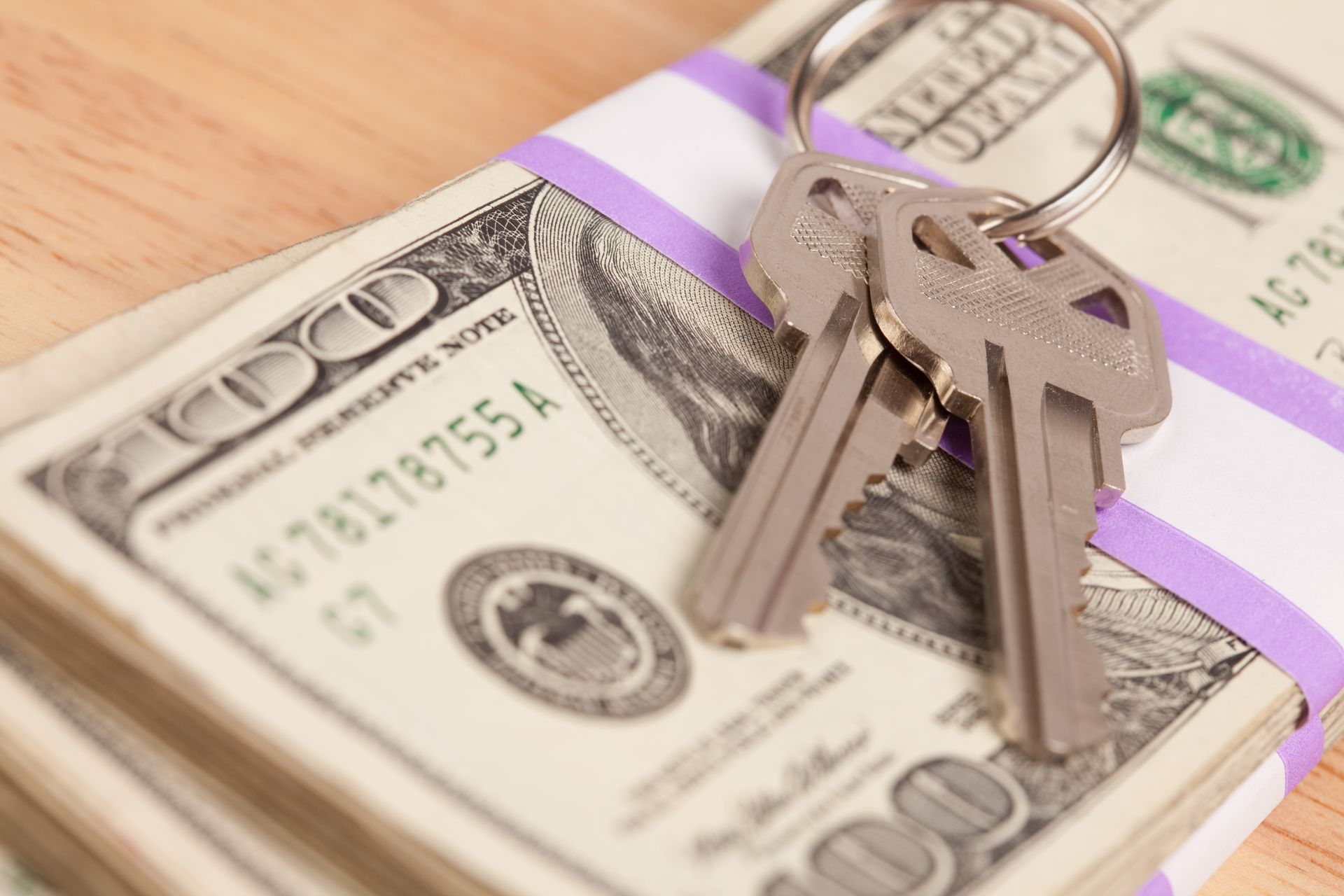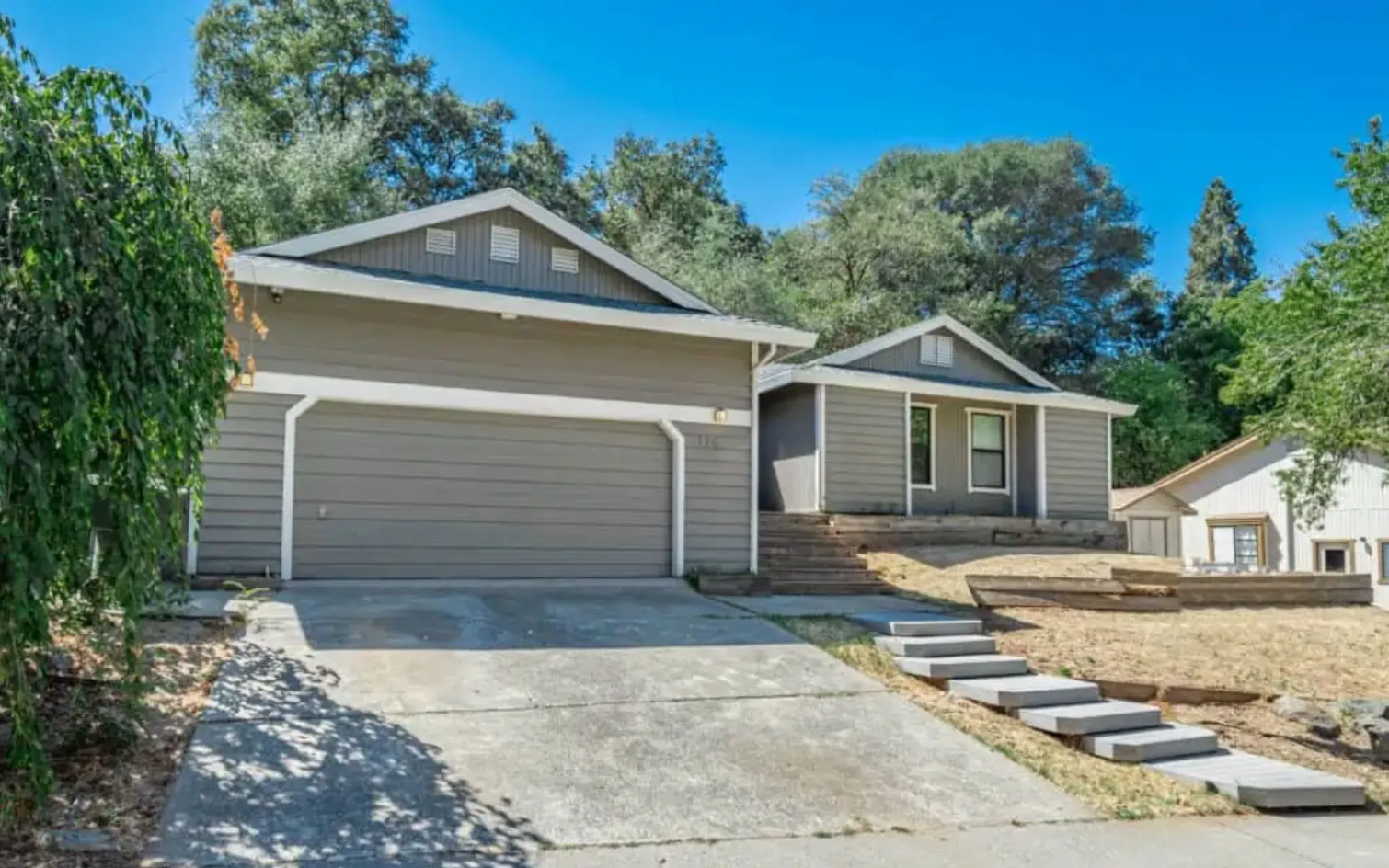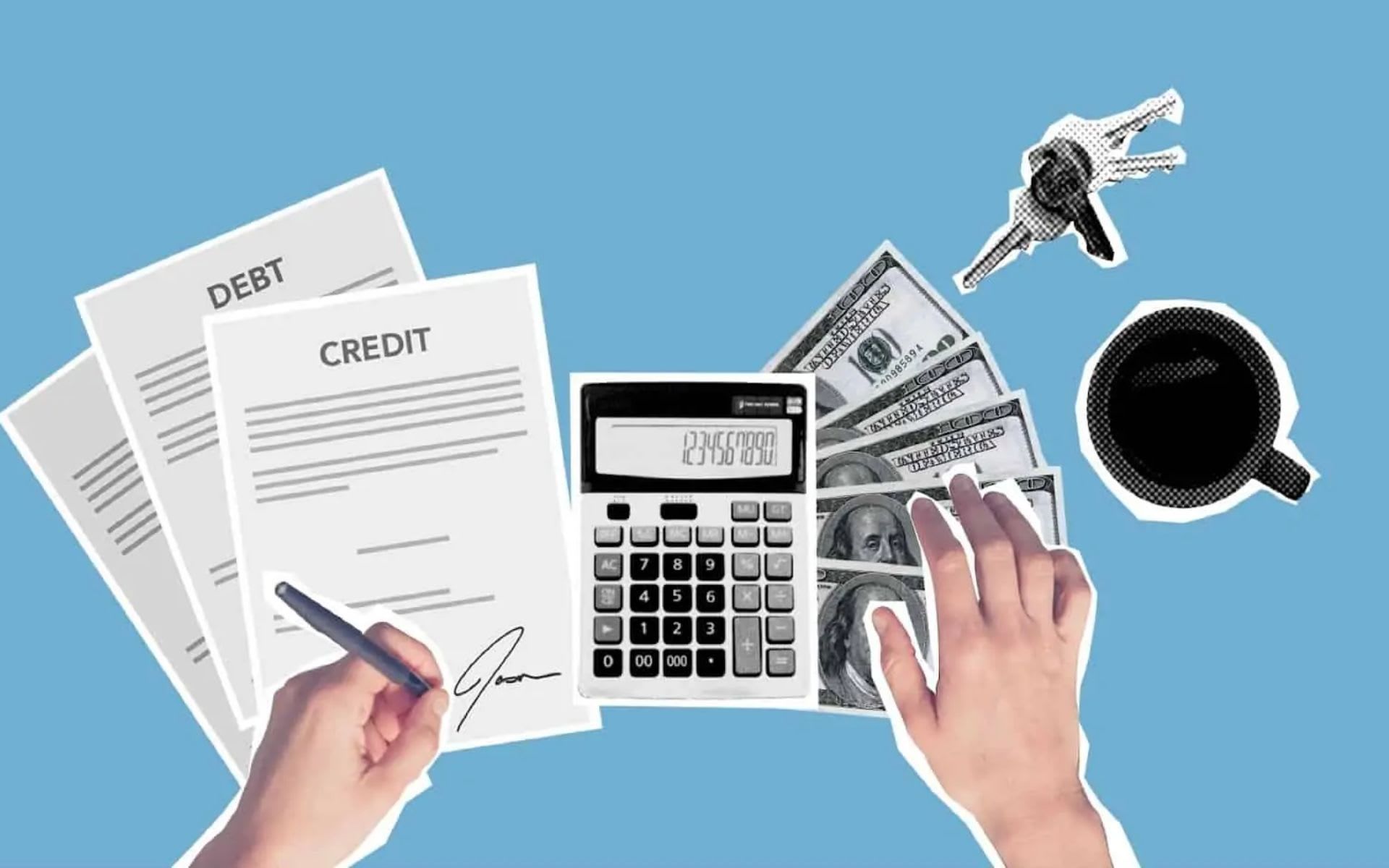Top 10 Benefits of Doing a Short Sale Instead of a Foreclosure
When you buy a home you likely aren’t anticipating having to sell it for less than its value. Or worse, for it to go into foreclosure.
Sometimes life happens and you need to come up with solutions to problems like job loss that you were hoping wouldn’t happen.
Luckily, if you can no longer afford your mortgage and you need to sell it to you may have the option to do a short sale.
If you are several payments behind on your mortgage and don’t have a way of catching up anytime soon, the bank considers your home to be in “pre-foreclosure.”
You might be able to convince your bank that you should sell your home in a short sale.
In a short sale, both the bank and the homeowner will come up “short” on the amount that was originally agreed to in the home loan and both will have a financial loss when the home is sold.
It might seem like a lot of work when either way, it is your bank that will be earning all of the money from the home sale.
But, it’s actually in your best interest to try and sell the home at a loss anyway, than to let it slip into foreclosure.
Here are the top reasons why it’ll benefit you to do a short sale instead of letting your home go into foreclosure:
1. You can save money
In the long run – and in the short run. Banks generally only agree to short sales if it is a last resort to avoid foreclosure on the home.
During a short sale, the bank will pay for the seller’s closing costs, but will avoid the hefty legal fees that come with putting homes into foreclosure. This would be good news for you too as the bank will be much less likely to attempt to sue you for financial losses from the home.
We go into more detail on the numbers for that in this article, “What to Know About Short Sales in California in 2020.”

2. Short sales are better for your credit
A foreclosure is not a good choice for you if you need to move out of your home quickly because you can no longer afford it.
Since you will likely be needing to apply for other big loans in the future – such as another mortgage, a car, etc.- it would negatively impact your credit score for years and it may take a long time to build your credit score back up once you have a foreclosure on your record.
That would give lenders a reasonable excuse not to give you a loan. A short sale would still go on your credit record, but at a much less detrimental cost to you.
3. Avoid getting pursued by your bank
When your home begins to go into foreclosure due to missing payments, the situation quickly becomes very stressful.
The bank’s legal team will likely begin calling you and sending a steady stream of distressing mail to your home in an effort to retrieve your late mortgage payments.
To combat this, your best option is to seek the help of a Realtor to find a qualified buyer for your home and try to begin negotiations with your bank to do a short sale.
4. You can control your move out
If you go into foreclosure and the bank repossesses your home, they can legally make you move out of the home whenever they feel like it.
However, if you and your bank agree to sell the home in a short sale, you can typically stay in the home during the process of selling and negotiating.
Then you have more time to comfortably plan your move without the pressure of the bank knocking on your door.
Speak to your Realtor about the specifics of your situation and what the process is like in your area and with your bank.

5. Expert realtors are available to help you negotiate with your bank
Would you want to negotiate with the bank alone and risk a serious issue to your financial record or have an expert walk alongside you to help you navigate the process?
When you want to sell your home as a short sale, the process can be difficult when factoring in all the added negotiations and requirements.
You’ll need a Realtor experienced in short sales to help with negotiating with your bank, a qualified buyer, and making sure you won’t have to accept lowball offers.
If you want to sell your home as a short sale, you’ll also need a good Realtor to help keep the new buyer motivated so they don’t want to give up on the home because of the lengthy sales process (which is usually anywhere from one to several months long).
To help attract that qualified buyer, see our article, “How to Prepare for a Real Estate Appraisal,” for a list of things to do to get your home in its best shape in order to sell more quickly.
6. Avoid foreclosure scams
If your home begins to go into foreclosure, you’ll likely start receiving a lot of new unwelcome mail, not only from your bank’s legal team, but also from opportunists looking to take advantage of anyone that wants to quickly fix their foreclosure situation.
In the long run, you’ll be happy you avoided any “too good to be true” scam situations and enlisted a professional Realtor to help you sell your home instead.
By choosing a short sale, the situation will be nearly the same as a regular home sale, in a familiar and professional – and most importantly, legal – manner.
7. You can take out another mortgage sooner
One great benefit of a short sale comes in when you intend on buying a home again in the next few years. Unfortunately it can take up to 7 years after a foreclosure for you to be eligible for a mortgage again.
On the other hand, it will usually take 2 years to be able to take out another mortgage after selling your home through a short sale.
You would definitely benefit from having a short sale on your credit record instead of a foreclosure in case you need to take out any kind of large loan within the next few years, not just a mortgage.
8. Short sales are better for the housing market
If your home falls into foreclosure, it can affect a lot more people than just you. When a home is seized by the bank, it is usually not taken care of or maintained, which in turn can cause a loss in property value since it will look less attractive to buyers.
This affects not only the bank who loaned the money for the home and will now hope to sell it, but also your neighbors.
If one home in a neighborhood looks unkempt, it affects the property value of the nearby homes as well, which translates to a lower value for the neighborhood.
9. It’s cheaper for your bank – which is better for you
A foreclosure is expensive for a bank because the bank assumes all financial responsibility for the home. This could include repair costs of the house, inspection costs, upkeep so the house stays inhabitable, etc.
It’s often in the bank’s best interest to sell the home as a short sale to avoid the financial loss that would occur with a short sale.
With a short sale, the bank will almost always lose some money, but not nearly as much as with a foreclosure.
While it is less likely for a bank to pursue you down the line to get you to repay for the loss of a short sale, it is possible that they will.
But, it’s a lot less likely than it would be if you foreclosed on the home instead.
10. You can move on from it faster
Unlike with a foreclosure, you can move on from a short sale much faster.
It can take up to 7 years after a foreclosure for you to be eligible for a mortgage again, while it will usually take 2 years to be able to take out another mortgage after selling your home through a short sale.
Fluctuations in the economy and housing market and unemployment happen sometimes, but you shouldn’t have to let it keep you from investing in a home later.
For advice on how to get the best offer when selling your home as a short sale, make sure to check out this article, “How to Sell Your Home as a Short Sale in 2020.”
When you want to sell your home as a short sale, the process is more complicated than a regular home sale, when factoring in all the added negotiations and requirements.
You’ll need a professional Realtor experienced in short sales to help with negotiating with your bank, making sure you won’t have to accept low offers, finding a qualified buyer, and making sure you get the fairest outcome.
Make sure you get an experienced Realtor on your side so you don’t have to try to do it alone. If you need help buying a home or selling a home in the Sacramento and surrounding area, contact us at Quantum Real Estate.
















